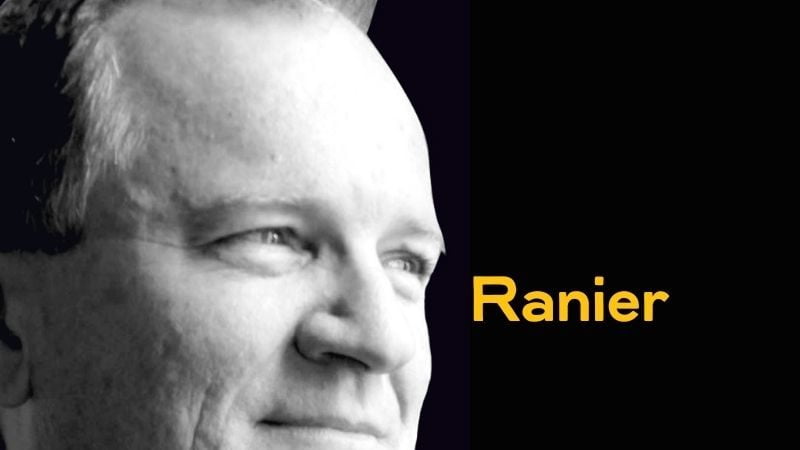What’s needed to implement the Caruana Galizia public inquiry’s recommendations concerning the media? The government seems to think it’s enough to formulate legislative proposals and appoint an expert committee to evaluate them. Hardly.
No system of laws or rules is scoundrel-proof. If it’s a system, it can be gamed. Some laws are more resistant than others, but they all have loopholes. If you’re ingenious enough, you can work around the laws.
You find where the law draws the line and operate on its boundary, obeying the letter of the law but subverting its spirit. For example, by weaponising the laws of libel against an investigative journalist.
Besides laws, therefore, you need self-restraint — a commitment to the spirit. No one anywhere expects complete self-restraint from politicians, not least in their dealings with the media. But one practical difference between functioning democracies and authoritarian regimes is to be found here: when democratic politicians are caught clearly operating in bad faith, the condemnation is universal and their own political party disavows them.
Here’s the salient point as we enter the 52nd month since the assassination of Daphne Caruana Galizia. If we want fundamentally to change the intimidating environment in which she operated, it’s going to take more than new laws. It will require public affirmation of what’s right and wrong, not just a change of what’s legal and illegal.
No one knows this better than Michael Mallia, the retired judge who will chair the media expert committee. He also chaired the public inquiry, whose report shows, in documented detail, the intimidation faced by Caruana Galizia as well as other journalists.
How do you legislate against shadowing a journalist to a meeting with a source? Like the journalist who testified to this effect, you can be sure it happened but it’s difficult to prove. It will, however, still have a chilling effect.
How do you legislate against a communications aide sharing disinformation on social media? It’s a political sin but it’s not illegal. The aides at the Office of the Prime Minister, who shared fake news after the assassination, were unrepentant before the public inquiry. They are still in place, undisciplined. Not an official word about the sinner or to denounce the sin.
When the report was published, Robert Abela apologised on behalf of the State. But the inquiry also documented significant abuses by the Labour Party against journalists — a misuse of the Party media machine, not just the State machine. Labour has yet to apologise.
So when Abela defines the proper follow-up to the inquiry only in terms of changing laws, he is ignoring an important practical aspect of what the inquiry established. In a country where the major political parties have their own media organisations, intimidation of journalists can take place using so-called journalism as a cover.
Back during the 2008 general election campaign, it was a One News camera crew that zoomed interminably on Caruana Galizia and her youngest son, and then repeatedly broadcast the footage on TV. No law can rule that’s not journalism. Only self-restraint and good faith by the political masters can make certain it’s not repeated.
Alas, we’re seeing little evidence of good faith even now. Take how this website is treated. In spite of the law, the Department of Information discrimates against it. Even as the government insists it wants to improve the conditions in which journalists operate, its own organs are resisting no fewer than 29 freedom of information requests concerning the government consultancy contracts of Saviour Balzan (one of the media committee members). And another government consultant is allowed to demand that The Shift News be stopped from asking questions.
There’s nothing illegal in resisting FOI requests or asking that journalists be stopped from asking questions. But they’re certainly gross political sins against journalism and accountability. It doesn’t show good faith that the head of government lets such things pass without demanding better standards in line with the spirit of the law.
Approving or disapproving changes in the law is only one part of the necessary overhaul we need. We also need a denunciation of political sins against the media, which can’t be done without describing what they are.
The media expert committee can’t get specific without pointing fingers. If politicians can’t see or won’t admit to their sins, they must be confronted with them.
If the committee is unable or unwilling to do that, then we’ll know what we’re in for. Some improved laws, perhaps. But the problem of systemic bad faith will remain unaddressed.













Every time a problem crops up, the narrative is that we need reforms. What this country needs is a decent and honest prime minister, something we didn’t have in these last two legislatures.
Another excellent analysis of why the untouchables continue to talk the talk but have absolutely zero intention of walking the walk.
Load the committee with enough members who are clearly in the Labour fold and they will ensure that the Gahan will be told there is not sufficient evidence for an unanimous decision even before a decision is announced.
This country has always been a mire of unenforced legislation, and notably more so in the last few years. I believe laws are now engineered thus: politicians start with one or two carefully crafted loopholes which are approved by those intended to benefit from them, and then they pad these loopholes with tiresome, pompous legal jargon so they appear to be typical Maltese laws at first glimpse.